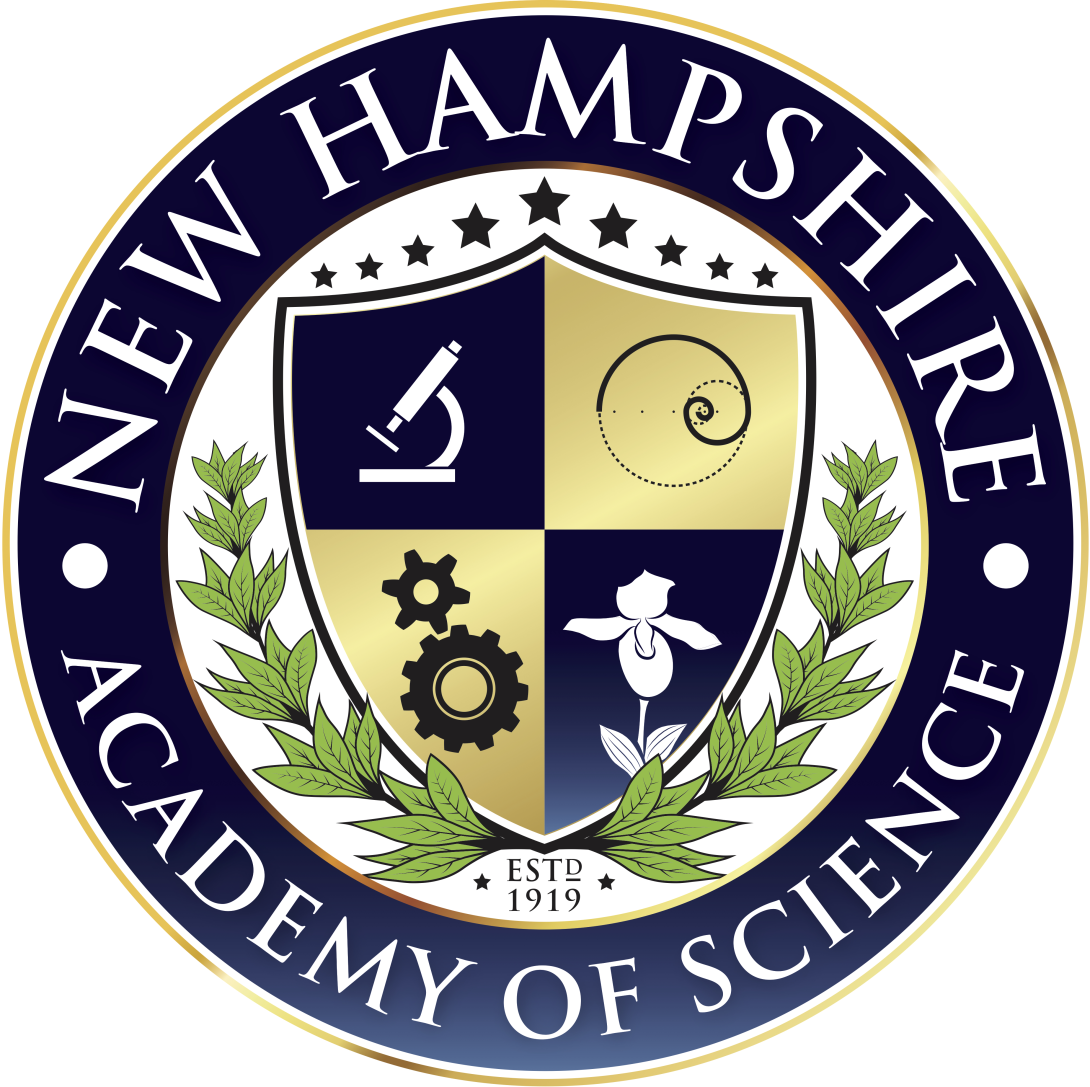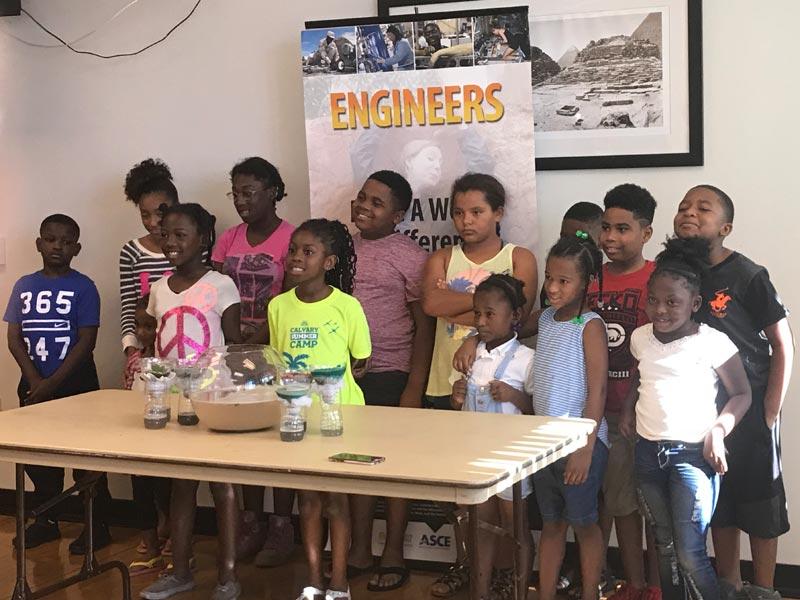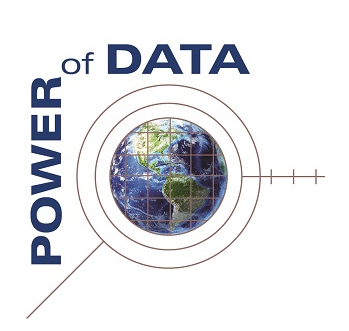Bolstering STEM Pathways for Students in Rural New England Through a Comprehensive, Multi-Year Learning Community

This project addresses access to STEM educational experiences for rural students. Students from rural areas and small towns make up about 30% of the U.S. secondary school population but often lack inspirational STEM educational opportunities and experiences. This makes them less likely to pursue STEM majors in college, which is a potential loss of human talent in STEM innovation.

